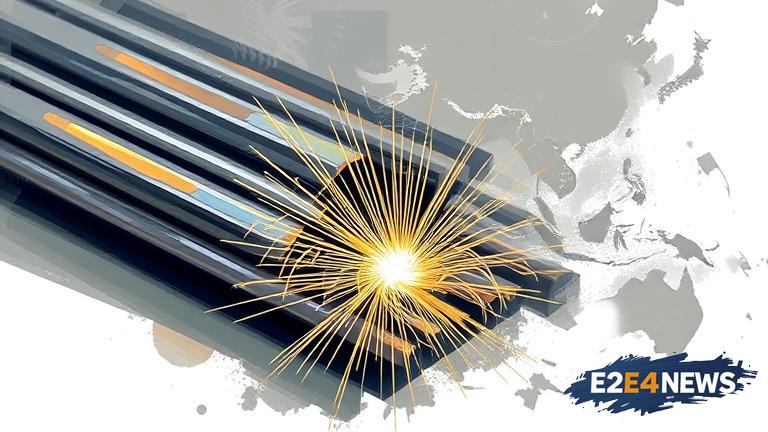Thailand’s decision to launch an anti-circumvention investigation on high-carbon wire rods from China has sent shockwaves through the steel industry. The move is seen as a significant development in the ongoing trade tensions between the two nations. High-carbon wire rods are a crucial component in the production of steel products, and China is one of the largest exporters of these rods. The investigation is aimed at determining whether Chinese exporters have been circumventing existing anti-dumping duties by modifying their products or using other tactics to evade tariffs. The Thai government has expressed concerns that these practices may be causing harm to the domestic steel industry. The investigation is expected to be thorough, with officials examining data on imports, exports, and production levels. The probe may also involve on-site inspections and interviews with industry stakeholders. If the investigation finds evidence of circumvention, it could lead to the imposition of additional tariffs on Chinese high-carbon wire rods. This would be a significant blow to Chinese exporters, who have been struggling to maintain their market share in the face of increasing competition from other countries. The Thai steel industry, on the other hand, is likely to welcome the investigation, as it may help to level the playing field and protect domestic producers from unfair trade practices. The investigation is also seen as a test of Thailand’s commitment to enforcing its trade laws and protecting its domestic industries. The country has been under pressure from the international community to strengthen its trade enforcement mechanisms, and this investigation is seen as a step in the right direction. The outcome of the investigation is likely to have significant implications for the steel industry, both in Thailand and globally. It may also set a precedent for other countries to launch similar investigations, potentially leading to a more level playing field for steel producers worldwide. The investigation is expected to take several months to complete, during which time the Thai government will be closely monitoring the situation and gathering evidence. The steel industry is a significant contributor to Thailand’s economy, and the government is keen to protect it from unfair trade practices. The investigation is also seen as a way to promote fair trade and ensure that all exporters are playing by the same rules. The use of anti-circumvention investigations is becoming increasingly common, as countries seek to protect their domestic industries from unfair trade practices. The investigation into Chinese high-carbon wire rods is just one example of this trend, and it is likely that we will see more such investigations in the future. The Thai government has emphasized that the investigation is not intended to be protectionist, but rather to ensure that all exporters are complying with the rules. The investigation is a complex process, involving multiple stakeholders and requiring significant resources. The outcome is uncertain, but one thing is clear: the investigation has the potential to have a significant impact on the steel industry, both in Thailand and globally. The investigation may also lead to changes in the way that Chinese exporters operate, as they seek to avoid similar investigations in the future. The Thai government has made it clear that it will take all necessary steps to protect its domestic industries, and the investigation into Chinese high-carbon wire rods is just one example of this commitment. The investigation is a significant development in the ongoing trade tensions between Thailand and China, and it is likely to be closely watched by industry stakeholders and trade experts. The outcome of the investigation will have significant implications for the steel industry, and it is likely to be a major topic of discussion in the coming months.
